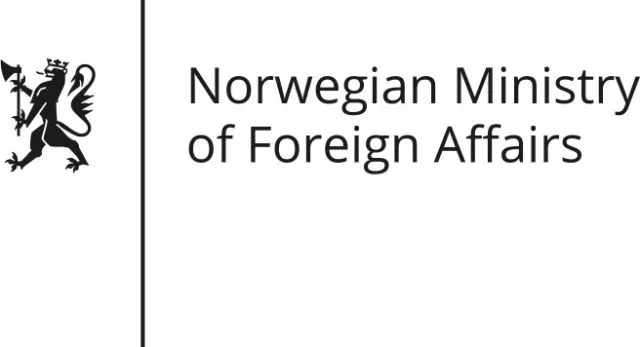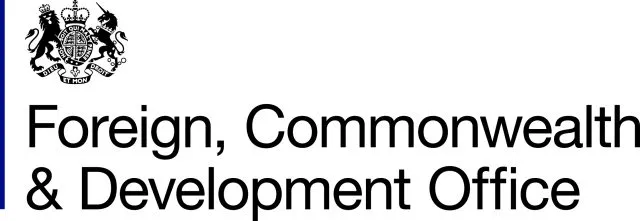Nuclear arms control agreements and the international non-proliferation and disarmament regime are at a crossroads. IND could offer potential ways to deal with current uncertainties about the strength and future of commitments in a context marked by competition and challenges. A conceptualisation that sees IND as a process that requires constant updating could help analysts and policymakers better cope with the unknown unknowns that emerging risks, crises, and disasters pose to the regime.[14] Building an approach of IND as an adaptive process requires embracing and promoting diversity, both in terms of concepts of irreversibility and practices to implement it. Diversity, in turn, will help encourage creativity in reshaping the norms and interests that make cooperation and governance innovation in the international non-proliferation and disarmament regime possible.[15]
Participants concluded this Wilton Park dialogue by pointing out areas needing further work to conceptualise IND better. Their suggested options fall into four broad categories. They posed that it is necessary to:
- Include more voices and approaches toward nuclear arms control and the international non-proliferation and disarmament regime in IND discussions. Embracing diversity during the conceptualisation of IND could help proponents have a more comprehensive view of the requirements and obstacles, both technical and social, that IND can face.
- Propose meetings under diverse leaderships on IND. For example, these meetings can occur as part of the NPT inter-sessional working group led by non-nuclear-weapon states and developing countries. Wilton Park could host an annual conference on IND to improve and adapt the conceptualisation of irreversibility in nuclear disarmament to changing circumstances and challenges.
- Invest in knowledge building to create an epistemic infrastructure for dialogue. Since IND remains an unexplored concept, IND proponents have the opportunity to propose a shared vocabulary and promote creative and innovative proposals to improve capacities for disarmament. These components could be a foundation to make policymakers, analysts, and the broader international public aware of IND as a real possibility. There is also a need to improve the legal arguments IND advocates can use to exert pressure on political decisions and channel political behaviour in favour of irreversibility in nuclear disarmament.
- Fund research to map out best practices to dismantle nuclear weapons complexes and build a governance of discontinuation. In this effort, literature reviews, case studies, comparative analyses, and wargaming exercises can help identify the legal, political, economic, social, and technical components that could help IND. Understanding how countries in different latitudes have approached these goals in the past could help IND proponents better ground future proposals. It would also give them illustrations they can use to engage the broader audiences within the international non-proliferation and disarmament regime and critics.
As a process and a goal, IND is a gradual procedure to build trust and consequences that does not exist in a vacuum. Thus, it is necessary to consider IND as a piece fitting into a broader set of existing instruments and commitments within the non-proliferation and disarmament regime, to think about the conditions that could improve the possibilities of IND, and to craft a careful narrative about IND and why it is necessary in order to engage with the larger audiences in the regime.
J. Luis Rodriguez
Wilton Park | September 2023
[14] On how to deal with unknown unknowns in security contexts, see Daniel Deudney, Dark Skies: Space Expansionism, Planetary Geopolitics, and the Ends of Humanity, Oxford, Oxford University Press, 2020.
[15] On diversity and creativity in global governance see Deborah Avant, “America’s Pragmatic Role?,” International Studies Review, vol. 23, no. 3, 2021, pp. 1126–1143, https://doi.org/10.1093/isr/viaa069
In partnership with


-
Notes
Wilton Park reports are brief summaries of the main points and conclusions of a
conference. The reports reflect rapporteurs’ personal interpretations of the proceedings.
As such they do not constitute any institutional policy of Wilton Park nor do they
necessarily represent the views of the rapporteur. Wilton Park reports and any
recommendations contained therein are for participants and are not a statement of policy
for Wilton Park, the Foreign, Commonwealth and Development Office (FCDO) or His
Majesty’s Government.
Should you wish to read other Wilton Park reports, or participate in upcoming Wilton Park
events, you can find out more here.
To receive our monthly bulletin and latest updates, please subscribe here
